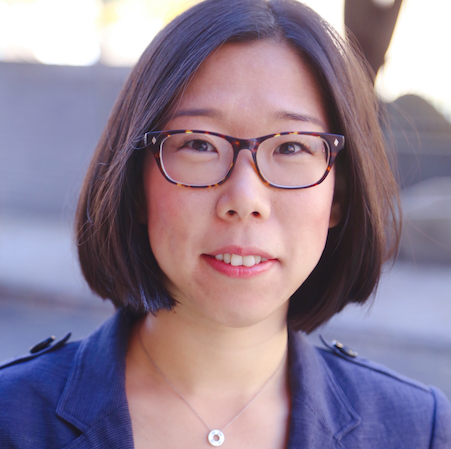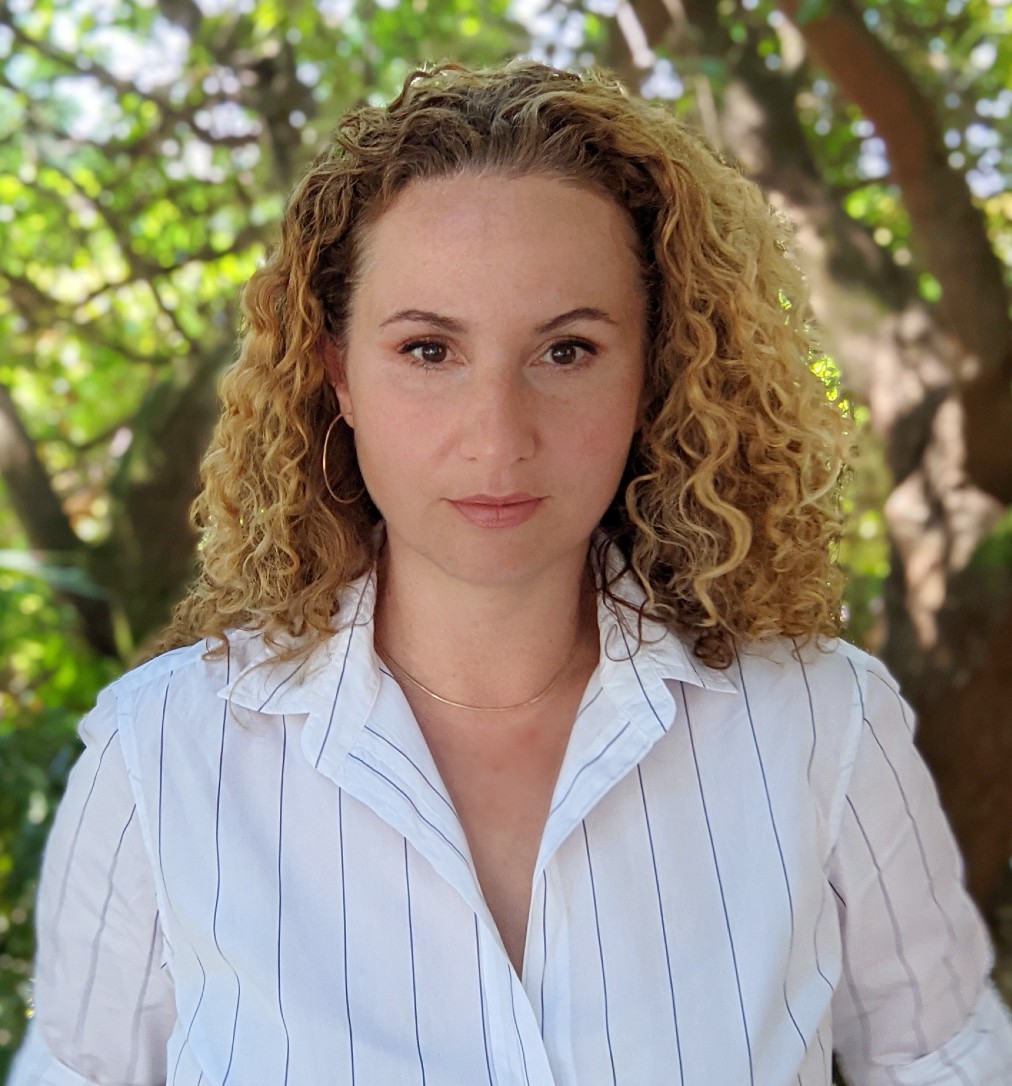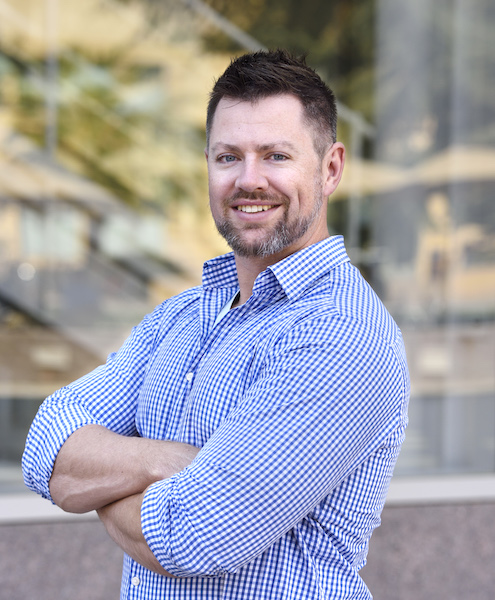2022 The 8th Workshop on Noisy User-generated Text (W-NUT)
Oct 16, 2022 — collocated with COLING 2022.
The WNUT workshop focuses on Natural Language Processing applied to noisy user-generated text, such as that found in social media, online reviews, crowdsourced data, web forums, clinical records and language learner essays. The workshop has accepted 25 papers (short and long). See the program schedule for further details.
News: best paper award, sponsored by Megagon Labs.
- Marcus Vielsted, Nikolaj Wallenius and Rob van der Goot
Increasing Robustness for Cross-domain Dialogue Act Classification on Social Media Data
Workshop Organizers
 |
 |
 |
 |
| Wei Xu Assistant Professor Georgia Institute of Technology |
Afshin Rahimi Lecturer University of Queensland |
Alan Ritter Associate Professor Georgia Institute of Technology |
Tim
Baldwin Professor MBZUAI and University of Melbourne |
Invited Speakers
 |
 |
| Yulia Tsvetkov University of Washington |
David Jurgens University of Michigan |
Important Dates
- Submission Deadline:
August 19, 2022August 24, 2022 (anytime on earth; dual-submission allowed) - Reviews Due: September 4, 2022
- Acceptance Notification:
September 7, 2022September 8, 2022 - Camera-Ready Deadline: September 14, 2022
- Workshop Day: October 16, 2022
Call for Papers
We seek submissions of long and short papers on
original and unpublished work (same page limit as the COLING 2022 main conference). All accepted submissions will be presented as talks and/or posters at the workshop virtually, following the COLING 2022 main conference.
Topics of interest include but are not limited to:
- NLP Preprocessing of Noisy Text
- Part of speech tagging
- Named entity tagging, including a wide range of categories, e.g. product names
- Chunking of user-generated text
- Parsing
- Text Normalization and Error Correction
- Normalizing noisy text for downstream tasks and for human readability
- Error detection and correction
- Robustness to Noise, both Natural and Adversarial
- Multilingual NLP in noisy text
- Machine Translation of Noisy Text
- Sentiment analysis
- Crowdsourcing of text data
- User prediction, e.g. gender, age, etc
- Stylistics, e.g. formality, politeness, etc
- Colloquial language, e.g. code-switching, idiom detection
- Bilingual translation of the noisy text
- Paraphrase identification and semantic similarity of short text or noisy text
- Information extraction from noisy text
- Domain adaptation to user-generated text
- Geolocation prediction
- Global and regional trend detection and event extraction
- Detecting rumors, contradictory information, sarcasm and humor on social media
- Fairness and bias in NLP models, when applied to noisy inputs
- Temporal aspects of user-generated content (resolving time expressions, concept drift, diachronic analyses, etc...)
Double Submission Policy: Papers that have been or will be submitted to other meetings or publications must indicate at submission time. Authors of a paper accepted for presentation must notify the workshop organizers by the camera-ready deadline as to whether the paper will be presented or withdrawn.
Program Committee
- Muhammad Abdul-Mageed (University of British Columbia)
- Željko Agić (Corti)
- Sweta Agrawal (University of Maryland)
- Hamed Alhoori (Northern Illinois University)
- Emily Allaway (Columbia University)
- Maria Antoniak (Cornell University)
- Eiji Aramaki (NAIST)
- JinYeong Bak (SungKyunKwan University)
- Elisa Bassignana (IT University of Copenhagen)
- Eric Bell (Pacific Northwest National Laboratory)
- Adrian Benton (JHU)
- Terra Blevins (UW)
- Tanmoy Chakraborty (Indraprastha Institute of Information Technology, Delhi)
- Colin Cherry (Google)
- Çağrı Çöltekin (University of Tübingen)
- Marina Danilevsky (IBM Research)
- Pradipto Das (Rakuten Institute of Technology)
- Micha Elsner (Ohio State University)
- Biaoyan Fang (The University of Melbourne)
- Alexander Fabbri (Yale University)
- Lisheng Fu (Amazon)
- Yoshinari Fujinuma (University of Colorado, Boulder)
- Tirthankar Ghosal (Charles University)
- Dan Goldwasser (Purdue University)
- Rob van der Goot (IT University of Copenhagen)
- Chulaka Gunasekara (IBM Research)
- Jack Hessel (AI2)
- Kokil Jaidka (National University of Singapore)
- Yangfeng Ji (University of Virginia)
- Chao Jiang (Georgia Institute of Technology)
- Jing Jiang (Singapore Management University)
- Nanjiang Jiang (Ohio State University)
- Lifeng Jin (Ohio State University)
- Ishan Jindal (IBM Research)
- Kenneth Joseph (University at Buffalo)
- David Jurgens (University of Michigan)
- Katharina Kann (University of Colorado, Boulder)
- Gunhee Kim (Seoul National University)
- Bennett Kleinberg (Tilburg University)
- Fajri Koto (The University of Melbourne)
- Tsung-Ting Kuo (University of California, San Diego)
- Wuwei Lan (Amazon)
- Yitong Li (Huawei)
- Wei-Yun Ma (Academia Sinica)
- Mounica Maddela (Georgia Institute of Technology)
- Rahmad Mahendra (RMIT University/Universitas Indonesia)
- Héctor Martínez Alonso (Apple)
- Yasuhide Miura (Fuji/Xerox)
- Manuel Montes (National Institute of Astrophysics, Mexico)
- Maximilian Mozes (University College London)
- Hamdy Mubarak (Qatar Computing Research Institute)
- Graham Mueller (Leidos)
- Maria Nadejde (Grammarly)
- Guenter Neumann (German Research Center for Artificial Intelligence)
- Vincent Ng (University of Texas at Dallas)
- Dat Quoc Nguyen (VinAI Research)
- Thien Huu Nguyen (University of Oregon)
- Eric Nichols (Honda Research Institute)
- Brendan O'Connor (University of Massachusetts, Amherst)
- Naoki Otani (CMU)
- Symeon Papadopoulos (CERTH-ITI)
- Yuval Pinter (Georgia Tech)
- Dianna Radpour (University of Colorado Boulder)
- Alla Rozovskaya (City University of New York)
- Iñaki San Vicente (Elhuyar Foundation)
- Danae Sánchez Villegas (University of Sheffield)
- Mirco Schoenfeld (University of Bayreuth)
- Wladimir Sidorenko (stenon)
- Kevin Small (Amazon)
- Andreas Spitz (University of Konstanz)
- Richard Sproat (Google)
- Suzanne Stevenson (University of Toronto)
- Ian Stewart (University of Michigan)
- Sara Stymne (Uppsala University)
- Zeerak Talat (Simon Fraser University)
- Xavier Tannier (Sorbonne Université)
- Zhiyang Teng (Westlake University)
- Joel Tetreault (Dataminr)
- Daniel Varab (IT University of Copenhagen)
- Xiaojun Wan (Peking University)
- Jing Wang (Bloomberg)
- Anna Wegmann (Utrecht University)
- Hong Wei (University of Maryland)
- Ning Yu (Leidos)
- Vicky Zayats (University of Washington)
- Chiyu Zhang (University of British Columbia)
- Shi Zong (Nanjing University)
- Hamid Beigy (Sharif University of Technology)
- Soroush Vosoughi (Dartmouth College)
ACL Anti-harassment Policy
Sponsored by